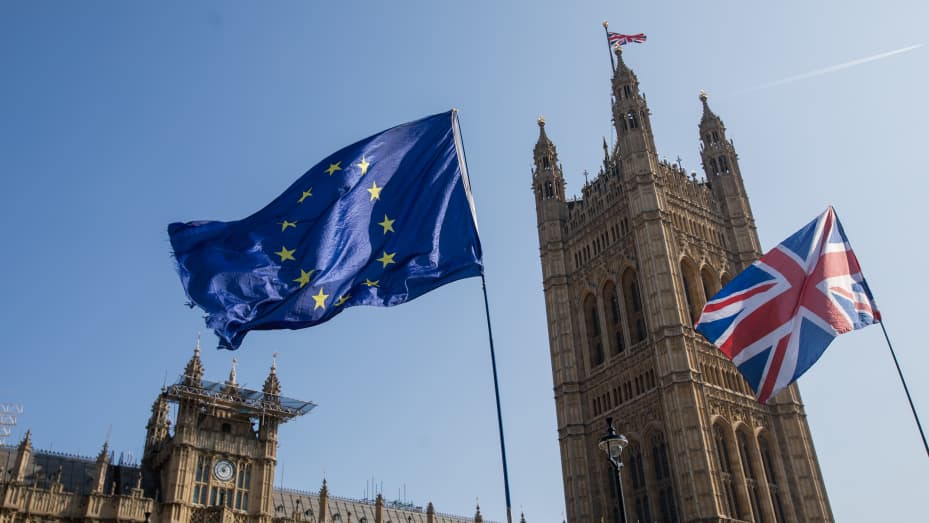London, United Kingdom – Since Brexit officially took effect in January 2021, the UK’s import and export trade has undergone significant changes. The departure from the European Union (EU) has created both new opportunities and challenges for the UK economy, particularly in the realm of international trade.
Changes in Trade Policies
Brexit has granted the UK the freedom to establish its own independent trade policies. No longer bound by EU regulations and standards, the UK can now negotiate and sign free trade agreements with non-EU countries. This opens up opportunities for the UK to strengthen trade relations with new markets, such as the United States, Australia, and various Asian countries.
Challenges in Customs Procedures
One of the biggest challenges facing UK businesses post-Brexit is the increase in customs procedures and documentation required for importing and exporting goods. This has raised costs and extended transportation times, creating difficulties for businesses, especially small and medium-sized enterprises (SMEs). Many companies have had to adapt and modify their processes to comply with the new requirements.
Impact on Key Industries
Key UK industries such as automotive, pharmaceuticals, and food have been notably affected by Brexit. The automotive industry, heavily reliant on global supply chains, has faced delays and increased costs in importing materials. The pharmaceutical industry has encountered challenges in ensuring the supply of medicines and medical devices. The food industry, particularly agricultural products, has faced barriers in exporting to EU markets due to quality and safety inspection requirements.
New Opportunities from Free Trade Agreements
Despite the challenges, Brexit also brings new opportunities for UK trade. New free trade agreements with non-EU countries have helped expand markets for UK businesses. Notably, agreements with Japan and Canada have bolstered exports of high-tech products and financial services.
The Future of UK Trade
Looking ahead, the UK is striving to optimize the benefits from new trade agreements and address internal challenges. The UK government is enhancing support programs for businesses, investing in infrastructure and technology to improve logistics efficiency, and mitigating the negative impacts of customs procedures.
Additionally, strengthening trade relations with non-EU partners and seeking new opportunities in areas such as green technology and renewable energy are crucial strategies to promote sustainable economic growth.
Brexit has brought both opportunities and challenges to the UK’s import and export trade. While businesses face numerous difficulties from customs procedures and policy changes, they also have the chance to expand their markets and strengthen trade relations with non-EU countries. With government support and new development strategies, the UK is on the path to achieving a free and sustainable trade future.
Free trade within the EU has proven to be a powerful tool for driving economic growth, creating jobs, and enhancing the quality of life. Internal free trade agreements not only benefit businesses and consumers but also strengthen cooperative relationships among member states. With ongoing efforts, the EU is on the path to a prosperous and sustainable future for all its members.

 English
English Tiếng Việt
Tiếng Việt العربية
العربية हिन्दी
हिन्दी Español
Español